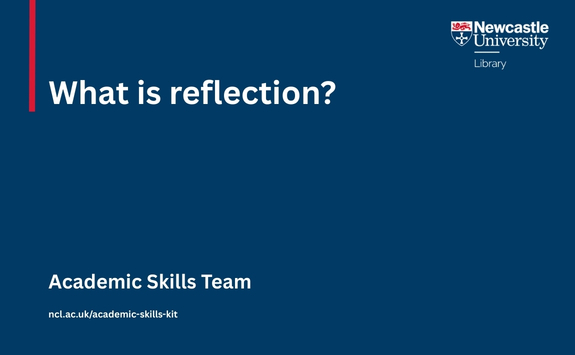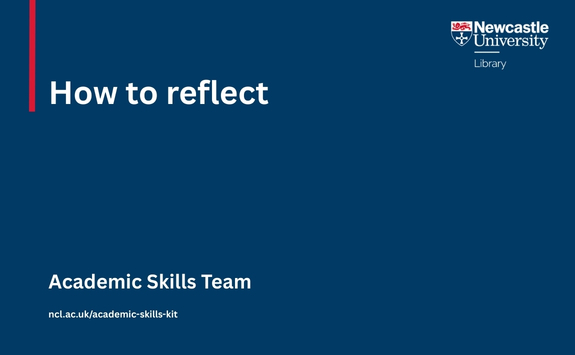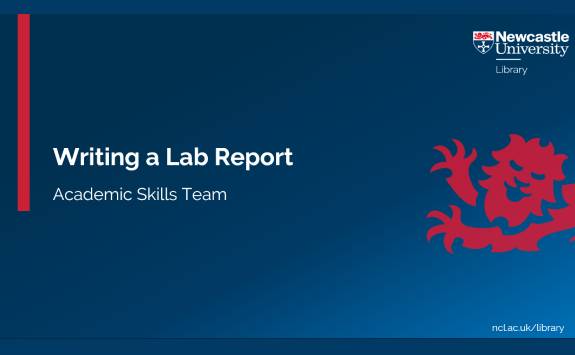Other Assignment Types
It’s not just essays – discover guidance for the type of assignment you’ve been set.
The essay is the best-known type of assignment at university, but there are many more formats that might be set as coursework. Just as academic writing has many variations depending on your subject, the conventions of these different writing formats is also quite diverse, and some are more often found in some subjects than others. This section outlines many of the common assignment types you might be set and offers guidance on how to approach them.
Reflective writing
Reflective writing encourages ‘metacognition’ (thinking about your own thinking) to help you engage more deeply with your learning and development. It helps you to review your progress as a learner and/or practitioner and consider how you might apply what you have learned to aid your future development. Reflective writing has some key differences with traditional academic writing, but also some characteristics that are familiar.
There are several different types of reflective assignment, and therefore more than one way to write reflectively, including: the Critical Incident Analysis, the Reflective Report, Demonstrating Professional Attributes, Reflective Journal or Learning Log, and the Practitioner Case Study. This guide offers advice on writing reflectively in these different types.
Writing a synopsis or summary
A synopsis is a brief summary which gives readers an overview of the main points. In an academic context, this is usually a summary of a text (a journal article, book, report etc) but in some instances you might be writing a synopsis of a talk, film or other form of presentation. A synopsis tests not just your understanding, but your ability to prioritise and highlight the main points and explain them succinctly in your own words.
Technical and scientific writing
Technical and scientific writing is a precise and concise form of writing for science and engineering students . Often they are reports which are write-ups of empirical research, where you gather, analyse and interpret data. This could be from a lab experiment, a dissertation or research project.
Types of assessment podcast
Our podcast series created by Eszter Racz and the Academic Skills team at Newcastle University continues with a look at different types of assessments. We talk to students about their experience of different assessment types and how they have navigated these, and the guest experts provide useful strategies to help you with a range of assessment types.



